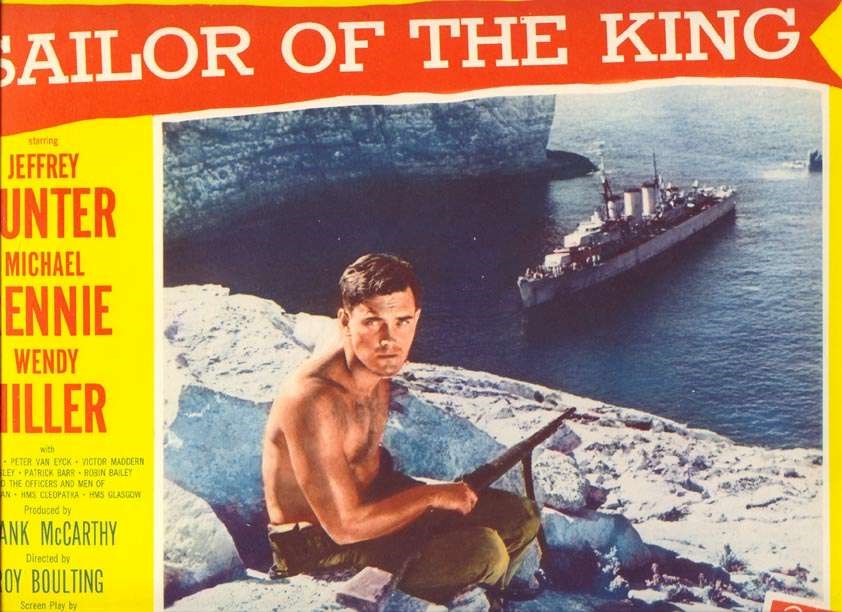There was a time when my dad said he wanted Western Canada to separate from “the phoney East” and form a nation of its own, stretching from the Lakehead to the Pacific. It would have everything going for it. The flag would be a green maple leaf. “Because,” he’d say, “a red leaf is a dead leaf.”
As he got older, however, Frank P. Gleeson had a change of heart about the country he was born in, and in his last years at Shorncliffe he would tell anybody who would listen, “We’re sure lucky to live in Canada.”
Those words seem important this year as we approach Canada Day in a mood of national self-recrimination over the discovery of 215 unmarked graves at the site of the Kamloops Indian Residential School.
Several municipalities in B.C. have cancelled July 1 celebrations and the District of Sechelt also considered cancelling its planned drive-by parade. It ultimately decided to proceed, but is encouraging participants to wear orange, “take pride and celebrate the good things our country affords us while also recognizing the legacy of harm that has been caused to our Indigenous communities.”
I can’t argue with that sentiment, but as part of the healing process, and so as not to be completely demoralized by the dark side of our history, I’d add that it wouldn’t hurt either to reflect on the positive attributes of the historical Canadian, bearing in mind that the average Canuck of 50, 75, 100 years ago had no more to do with the residential school system than you or I have with Canada’s space program.
One way to catch an entertaining glimpse of the character and conduct of the historical Canadian is through the popular culture of our next-door neighbour, the Americans.
In his first novel, The Sun Also Rises, published in 1926 and set in Paris, Ernest Hemingway introduces the reader to Mrs. Braddock: “She was a Canadian and had all their easy social graces.”
What does that mean? Though her appearance in the story is relatively brief, Mrs. Braddock is portrayed as a woman who tries to bring people together, patch up differences between them, and, to use a tagline from one of our community columnists, “always be kind.”
Another American writer of the 1920s, Dashiell Hammett, widely regarded as the originator of modern crime writing, gave us an amazing Canadian detective named Dick Foley, whose eccentric speech is the hardest boiled in all of hard-boiled fiction, delivered often in strings of one-word sentences.
Foley always has a supporting role to the Continental Op, the protagonist of dozens of stories and two novels, but in Hammett’s masterpiece, Red Harvest, the “little Canadian” takes on a moral dimension near the end that is quite remarkable. While the American private eye breaks every rule to clean up a corrupt town, leaving a wake of dead bodies, Foley stands firmly on the right side of the law and regards the violently efficient American with cold suspicion.
Upright and principled, good-natured and perhaps a little goofy. These are typical attributes of Canadian characters depicted in a swarm of post-war movies that were not only filmed in Canada but also set in Canada. Films like Canadian Pacific, Saskatchewan, The Far Country and many others feature top actors of the day and brilliant scenery but unfortunately are marred by the mangling of history that is Hollywood’s trademark.
Also fictional but of superior quality is the 1953 U.K. film, Sailor of the King, in which American actor Jeffrey Hunter plays a Canadian sailor serving on a British warship during the Second World War. There are some riveting action scenes as Signalman Andrew “Canada” Brown demonstrates he is willing to “brave every danger” to thwart the Germans. Hunter, who also played Jesus in 1961’s King of Kings, was tapped again to play a recklessly idealistic Canadian, this time a geologist who places friendship above money, in a 1965 episode of the TV anthology series, Kraft Suspense Theatre.
It’s worth noting too that Canadian actors exuded such authority and confidence during the heyday of network TV that they were cast as cultural icons – Raymond Burr as Perry Mason, Lorne Greene as Ben Cartwright in Bonanza, William Shatner as Captain James T. Kirk in Star Trek (Barbara Stanwyck, the matriarch Victoria Barkley in Big Valley, was American, but her mother was Canadian). In the 1970s, B.C. actor Chief Dan George became the definitive American Indian elder in the films Little Big Man and The Outlaw Josey Wales.
Of course, all these depictions and performances – and this is just a quick sampling – are simplistic caricatures; you’ll find real Canadians in our history and literature and in whatever family memories and records you’ve preserved. Still, you might be surprised how closely the real thing often resembles the mythical in its essentials.
There have been some bad apples, and sadly they tend to rise to the top of the barrel, but overall Canadians have impressed the world as being decent and courageous people because that’s what they often have been. Something to remember this Canada Day.



